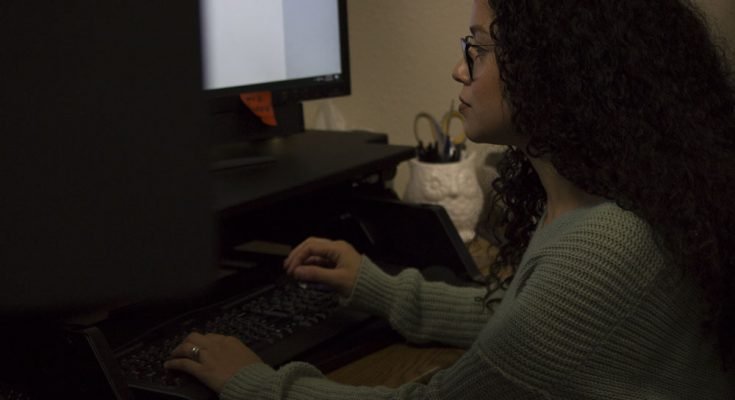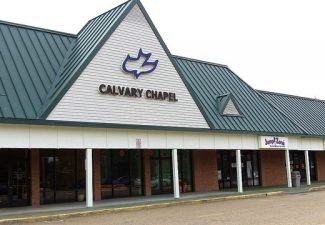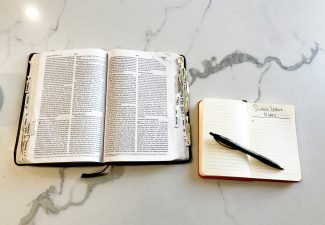As the school year comes to an end, student loans become a fiercer reality for both those graduating or those paying for another year. Though some may feel overwhelmed, Student Account Specialist Christine Correa has realistic advice to help students budget wisely to pay off their debts.
A Vanguard alumna, Correa knows exactly what it is like to be overwhelmed with bills and general life expenses. She explained the importance of discerning what expenses are necessities.
“I had to learn how to spend money on what’s needed and save for what’s wanted. I call that money ‘play money,’” Correa said.
One very common way in which students pay off their tuition is through loans, which have to be paid back to whoever the loan servicer is. It is important that to keep track of all student loan information. According to Correa, the most efficient way to do so is through a website called NSLDS.ed.gov, the National Student Loan Data System.
This website allows students to breakdown the loans to see how much they have taken out, who the loan servicer is and their contact information, the interest rate, and how long it will take to pay off the loan at the minimum rate, according to Correa. The system is also able to send text notifications, emails, and mail to inform students with updated data regarding their loan finances.
This information is helpful, because many students feel as though they do not have access to that information, Correa explained. She also emphasizes the importance of students needing to know exactly what their debt is and how they can pay it off because, if left unpaid, it can end up going into collections, thus ruining your credit. Because of this, learning to budget one’s money is vital.
Personally, Correa had to learn how to manage and budget her money wisely when she realized she would spend money on coffee everyday. This quickly added up, so she started improvising and making her own coffee at home and work. According to Correa, this small change made a big difference.
Having this mentality can either make or break a bank account, especially when people have access to anything at the swipe of a card. This convenience can become a major inconvenience for students who are trying to budget, Correa said.
It is recommended to take out only what is needed for education, according to Correa, because it will all have to be paid back at the end of the day.
“As long as you’re communicating with the federal government about your loans, you should be fine. Make sure your ‘play’ money does not exceed what you actually need. Make sure you’re saving money as often as possible, even if it’s as little as 20 dollars or 100 dollars a month,” Correa said.
For some students, these tips and advice have been taught to them. However, for a lot of students, these are things that they are either still learning or beginning to learn.
Correa assures students to not be ashamed or embarrassed if they feel as though they do not know the basics.
According to Correa, there are many students who go into her office, not knowing where to start, and she advises them to not be afraid to ask questions.
While some students may be feeling overwhelmed when it comes to learning this information, Correa encourages them to be content in this season of life, not being afraid to ask questions and learning how to improve in this area of life. In the end, she encourages students to be content in this season of life because it will not always be the reality of their lives.

 A Tribute to Chuck Smith
A Tribute to Chuck Smith Preach or Teach: Students react to professor sermons in class
Preach or Teach: Students react to professor sermons in class Communication professor returns to students after cancer treatment
Communication professor returns to students after cancer treatment Accomplishing Comm Fest without Kasa: A student-faculty collaboration
Accomplishing Comm Fest without Kasa: A student-faculty collaboration
Leave a Reply